________________________________________________________________________________
New Holland T7.250 Troubleshooting
New Holland T7.250 Engine Troubleshooting
Engine starts up hard or won't start: Fuel filter element clogging. Filter maintenance required. Air in fuel tank. Bleed fuel tank. Dirty or damaged injection nozzles. If necessary, replace with a new nozzle. Fuel injection pump is broken. Install a new pump or rebuild.
Engine stops running suddenly: Fuel injection pump timing is wrong. Set up as recommended. Dirty fuel filter. Change the filter element. Engine not warmed up. Warm up the engine.
Diesel starts and stalls immediately: Fuel filter element is dirty. Replace the filter element. Damaged fuel injection pump. Replace or rebuild injection pump. Dirty air cleaner. Service or replace the air filter.
Engine overheated: Radiator fins are clogged or radiator cap is faulty. Clean radiator or install new cap. Insufficient coolant. Top up coolant fluid and check system for leaks. Broken or loose fan belt. Change as required. Low engine oil level. Fill up the engine oil.
Diesel engine is losing power: Fuel injection nozzles are clogged or faulty. Service or change injection nozzles. Fuel hoses or lines clogging. Fuel lines and hoses need to be cleaned. Air filter plugged. Change air filter element. Damaged cylinder-head gasket. Gasket should be replaced.
Engine noise or knocking: Engine is not fully warmed up. Engine is not warmed up to the required temperature. Insufficient engine oil. Checking oil level and add if necessary. Wrong setting of fuel injection pump timing. Adjust as recommended. Piston wear or scoring. Have pistons replaced. Connecting rod misalignment or failure. Align or replace connecting rod.
Engine stalls while idle: Incorrect low idle setting. Adjust low idling as recommended. Valve out of adjustment. Have it adjusted. Fuel injection pump failure. Repair or install new pump.
Oil pressure is insufficient: Lack of oil. Add oil to the engine crankcase. Defective oil pump. Check and replace if necessary. Dirty oil filter element. Service or replace engine oil filter.
New Holland T7.250 Transmission Troubleshooting
Transmission noise: Incorrect backlash or gears are worn. Install new gears and set backlash correctly. Shift forks are bent or worn out. Shift forks need to be changed. Stuck or worn shaft splines. Change the shaft. Transmission fluid insufficient. Need to add transmission fluid. Bearings are damaged or worn. Change the bearings. Transmission oil is contaminated. Fill up with fresh transmission oil.
Hard shifts: Gear shift linkage is corroded or worn. Replace or lubricate the shift linkage. Clutch is worn or not adjusted. Adjust or install new clutch. Worn or bent shift forks. Shift forks need to be replaced. Worn out parts of the gearshift mechanism. Replace worn parts.
Insufficient transmission oil pressure: Transmission oil insufficient. Fill up the transmission oil. Dirty transmission oil filter element (if equipped). Service or change transmission oil filter. Relief valve malfunction. Replace relief valve as required.
External fluid leaks: Seals or gaskets are worn. Change defective gaskets or seal. Too much fluid in transmission. Excess fluid must be drained.
CVT Transmission Troubleshooting
SVT transmission is making noise: Speed control pedal linkage is damaged or out of adjustment. Adjust or replace linkage. Transmission overload. Reduce loading. Fluid is contaminated or fluid level is insufficient. Add fluid to the correct level or fill the transmission with fresh fluid. Defective control valve. Change it. Defective or worn transmission parts. Replace or repair defective components.
Transmission oil over heats: Transmission is under excessive load. Reduce loading. Plugged or defective cooling components. Check all cooling components and repair or change if required. Transmission oil level is low. Need to add transmission oil. Dirty transmission fluid filter. Clean or change transmission fluid filter.
Loss of power: Transmission fluid insufficient. Add fluid to the transmission housing. Control valve is damaged. Change the valve. Speed control pedal linkage is damaged or out of adjustment. Adjust or repair linkage.
External oil leaks: Oil return tube is plugged. Clean or replace the tube. Damaged seals or gaskets. Install new components. High internal transmission housing pressure. Change defective parts.
New Holland T7.250 Hydraulic System Troubleshooting
Hydraulics overheating: Hydraulic fluid type is wrong. Use correct type of hydraulic fluid. Hydraulic fluid contamination. Change hydraulic fluid. Air in hydraulic lines. Bleed hydraulic lines. Main relief valve malfunctioning. Install a new relief valve.
Insufficient hydraulic fluid pressure: Hydraulic fluid is insufficient. Fill the system to proper hydraulic fluid level. Dirty hydraulic fluid filter. Hydraulic filter maintenance required. Hydraulic piping is leaking. Inspect hydraulic system for leaks and repair it. Incorrect setting hydraulic control valve. Use the correct adjustment. Hydraulic pump is faulty. Change or repair hydraulic oil pump. Hydraulic cylinder is faulty. Change or repair hydraulic cylinder.
3-point hitch fails to lift or lifts slowly: Defective hydraulic pump. Replace or repair hydraulic fluid pump. Main relief valve is defective. Replace relief valve. Hydraulic control valve is defective. Replace or repair the valve. Hydraulic cylinder failure. Install a new hydraulic cylinder or repair it. Hydraulic fluid level low. Add fluid as required. Hydraulic fluid filter element is clogged. Install a new hydraulic filter element. Excessive load on hitch. The load should be reduced.
Hitch cannot be dropped or dropping is too slow: Hydraulic cylinder failure. Replace or repair hydraulic cylinder. Hydraulic spool valve is not set properly. Set the spool valve properly. Hitch cross shaft is damaged. Install a new shaft. The hitch has not been adjusted. Adjust the 3-point hitch.
Hitch lift or drop is not smoothly: Hydraulic fluid is contaminated. Fill up with new hydraulic fluid. Defective hydraulic pump. Replace or repair hydraulic oil pump. Air trapped in hydraulic system. Bleed air from system. Hydraulic spool valve block is defective. Install a new hydraulic valve or repair it. Hydraulic cylinder is faulty. Repair or change hydraulic cylinder.
New Holland T7.250 Steering System Troubleshooting
Steering wheel free play is excessive: Steering column coupling or shaft is extremely worn out. Change faulty part. Steering pump stopped working. Install a new steering pump. Worn or loose steering linkage assembly. Inspect and change as required. Hydrostatic steering unit has malfunction or wear. Inspect and replace as required.
Steering is stiff: Air lock in the steering system. Bleed air. Steering filter is dirty. Steering filter maintenance required. Low steering fluid level. Fill the steering system with fluid. Hydrostatic steering unit is defective or worn. Change or repair steering unit if required. Steering pump not working. Steering pump needs to be repaired or replaced. Steering pump control valve is faulty or stuck. Change or flush control valve. Improperly mounted or worn steering column. Mount the steering column as required or change it. Front tires are worn unevenly. Install new tires. Incorrect toe-in. Check toe-in and correct. Steering cylinder is leaking. Change worn piston rod or damaged cylinder seals.
Front wheels wander to left or right: Defective or worn hydrostatic steering unit. Check and replace as required. Steering cylinder failure. Replace or repair steering cylinder. Improper toe-in. Check toe-in and correct. Loose or worn steering linkage parts. Inspect and change as required. Damaged or improperly adjusted or worn front wheel bearings. Adjust properly or replace bearings. Front tires wear unevenly. Change the tires.
New Holland T7.250 Electrical System Troubleshooting
Battery does not charge: Loose or corroded electrical wiring connections. Service or tighten cable connections. Battery terminal clamps are faulty. Replace terminal clamps. Battery is worn. Use a new battery. Belt is defective or loose. Belt needs to be adjusted or replaced.
Starter motor cranks slow: Low battery voltage. Battery is drained, charge it. Battery discharges quickly. Battery needs service or replacement. Bad terminals or disconnected battery cables. Check cables and service or change terminals.
Starter motor is not working: Battery is discharged or defective. Need to charge or replace the battery. Disconnected or incorrectly connected wires. Inspect battery wires and connect correctly. Low battery output. Recharge the battery. Starter motor is defective. Starter needs to be replaced.
________________________________________________________________________________
________________________________________________________________________________
________________________________________________________________________________________
________________________________________________________________________________________
________________________________________________________________________________________
________________________________________________________________________________________
________________________________________________________________________________________
________________________________________________________________________________________
________________________________________________________________________________________
________________________________________________________________________________________
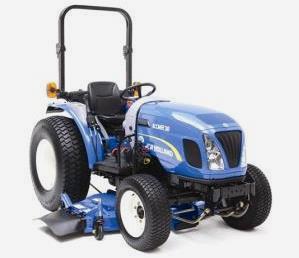 BOOMER 30
BOOMER 30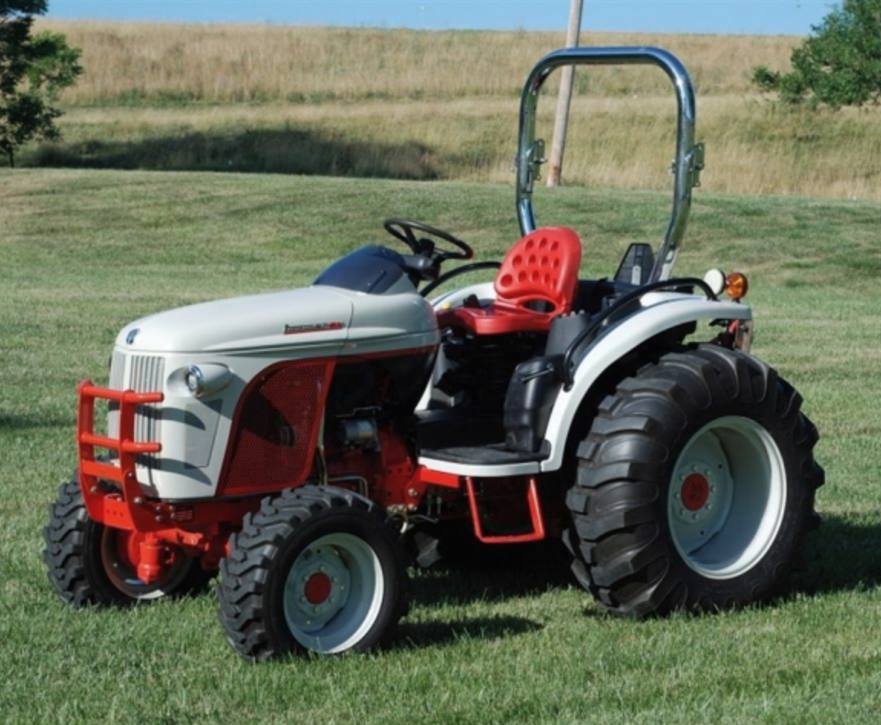 BOOMER 8N
BOOMER 8N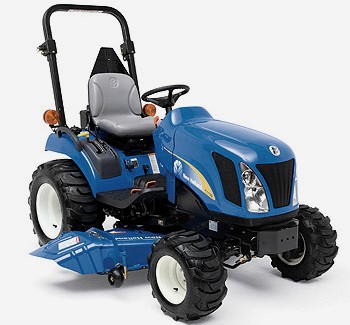 T1110
T1110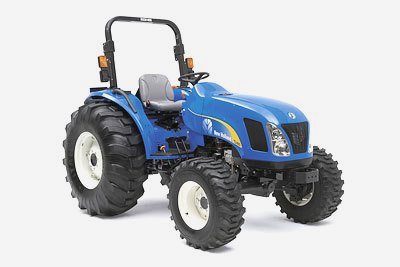 T2410
T2410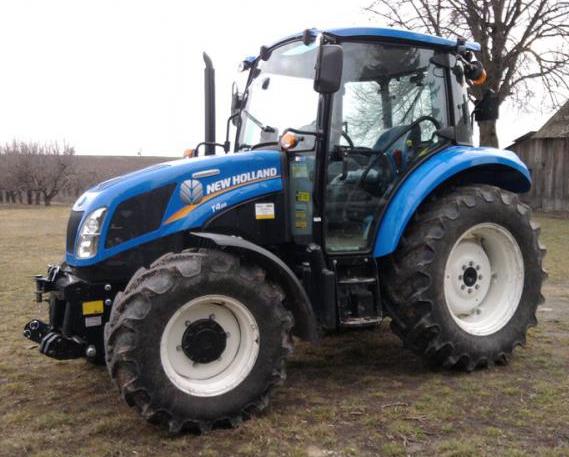 T4.65
T4.65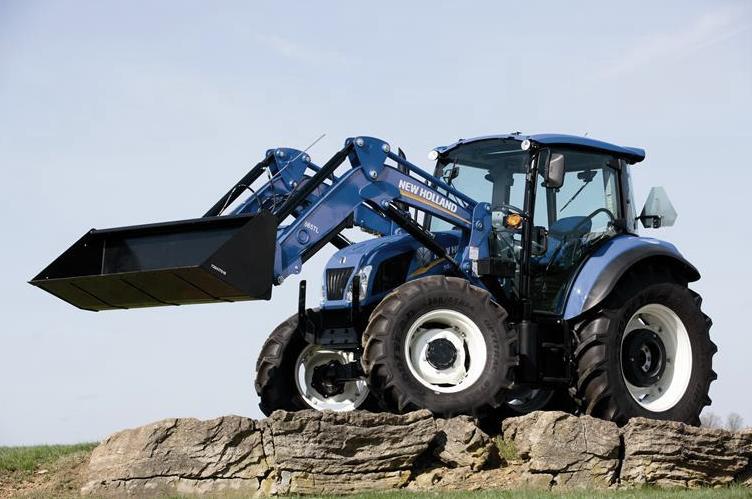 T4.95
T4.95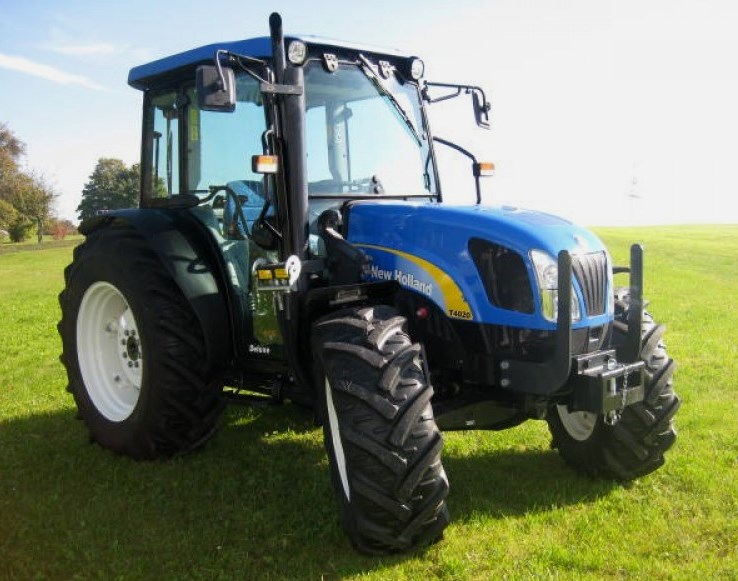 T4020
T4020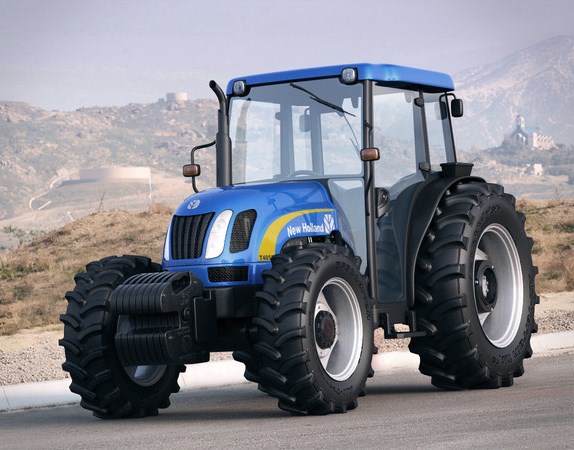 T4050
T4050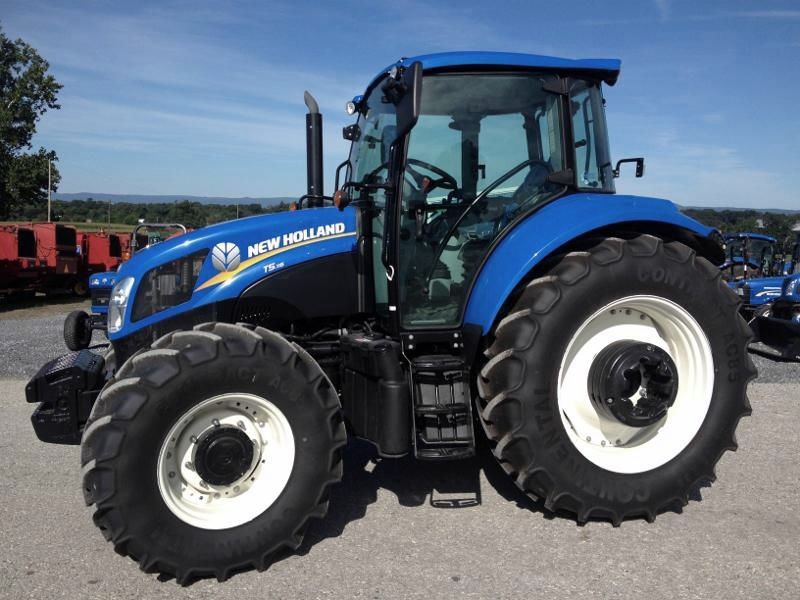 T5.105
T5.105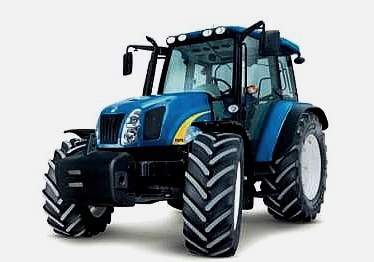 T5070
T5070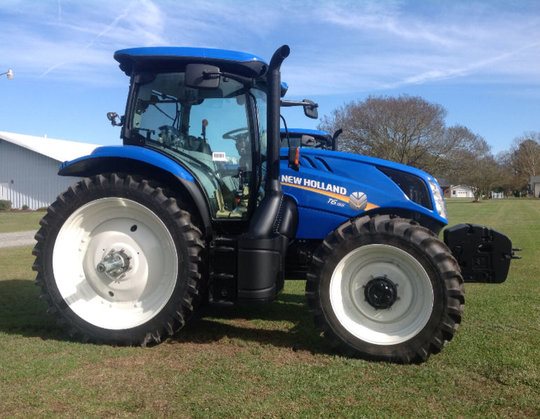 T6.155
T6.155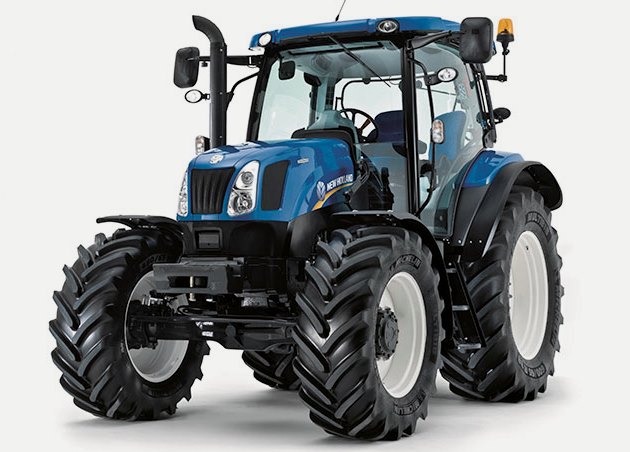 T6.165
T6.165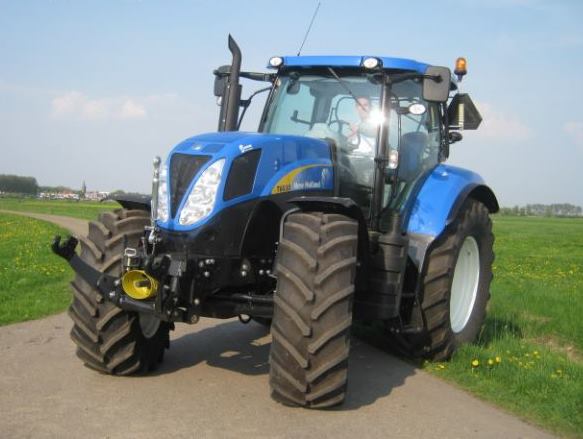 T6030
T6030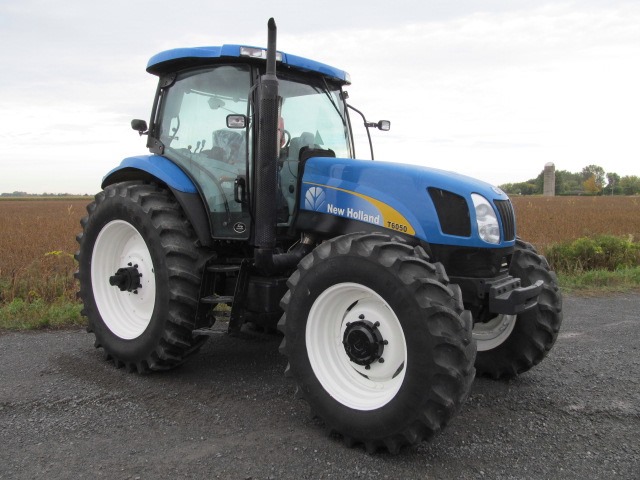 T6050
T6050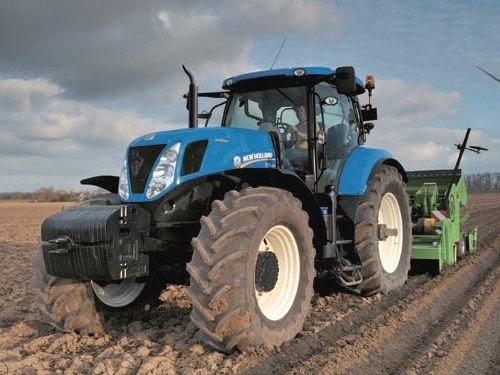 T7.185
T7.185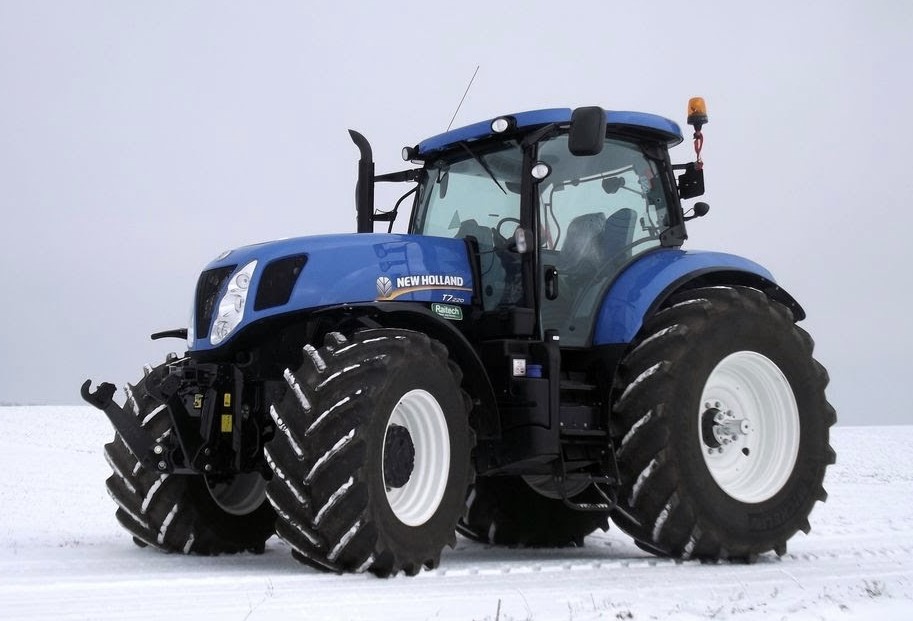 T7.220
T7.220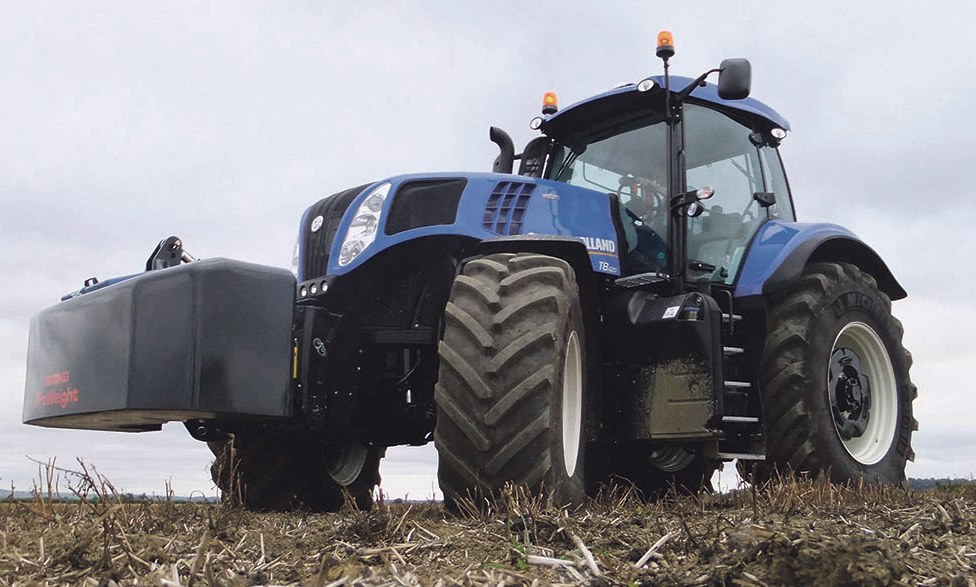 T8.420
T8.420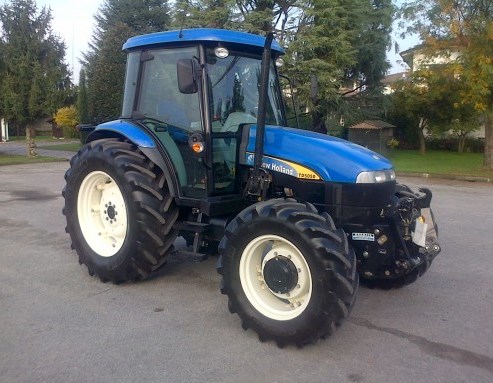 TD5050
TD5050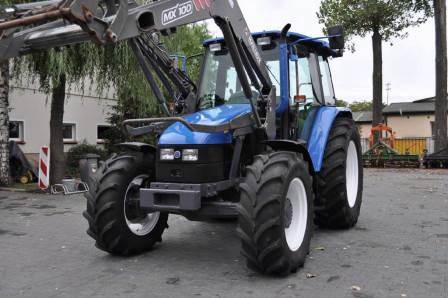 TL90
TL90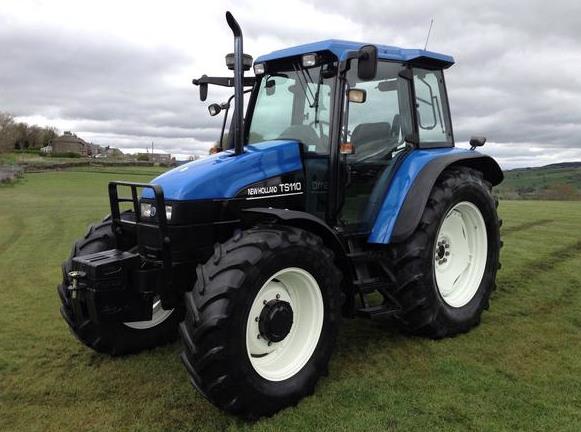 TS110
TS110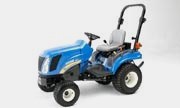 T1010
T1010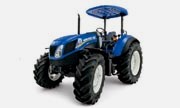 T4.80
T4.80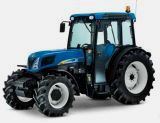 T4060
T4060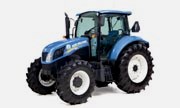 T5.110
T5.110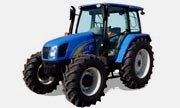 T5050
T5050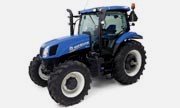 T6.150
T6.150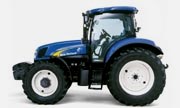 T6040
T6040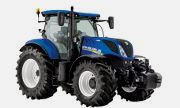 T7.175
T7.175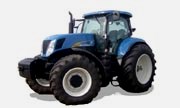 T7070
T7070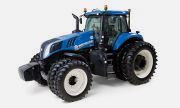 T8.350
T8.350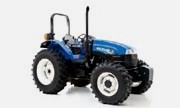 TS6.140
TS6.140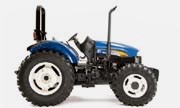 TS6030
TS6030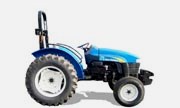 TT45A
TT45A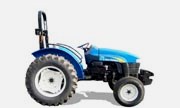 TT60A
TT60A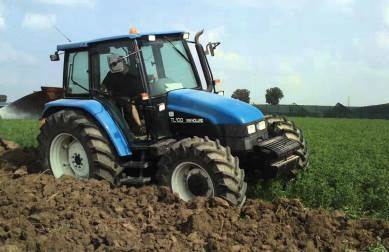 TL100
TL100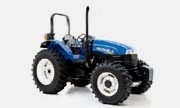 TS6.120
TS6.120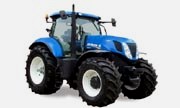 T7.260
T7.260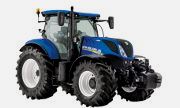 T7.245
T7.245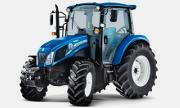 T4.120
T4.120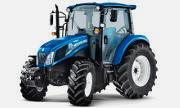 T4.100
T4.100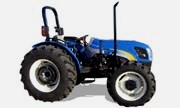 TD4040
TD4040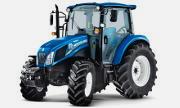 T4.90
T4.90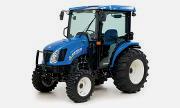 Boomer 50
Boomer 50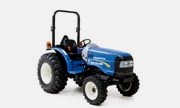 Workmaster 40
Workmaster 40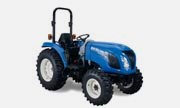 Boomer 47
Boomer 47